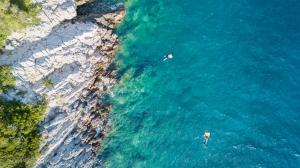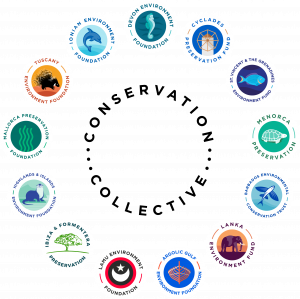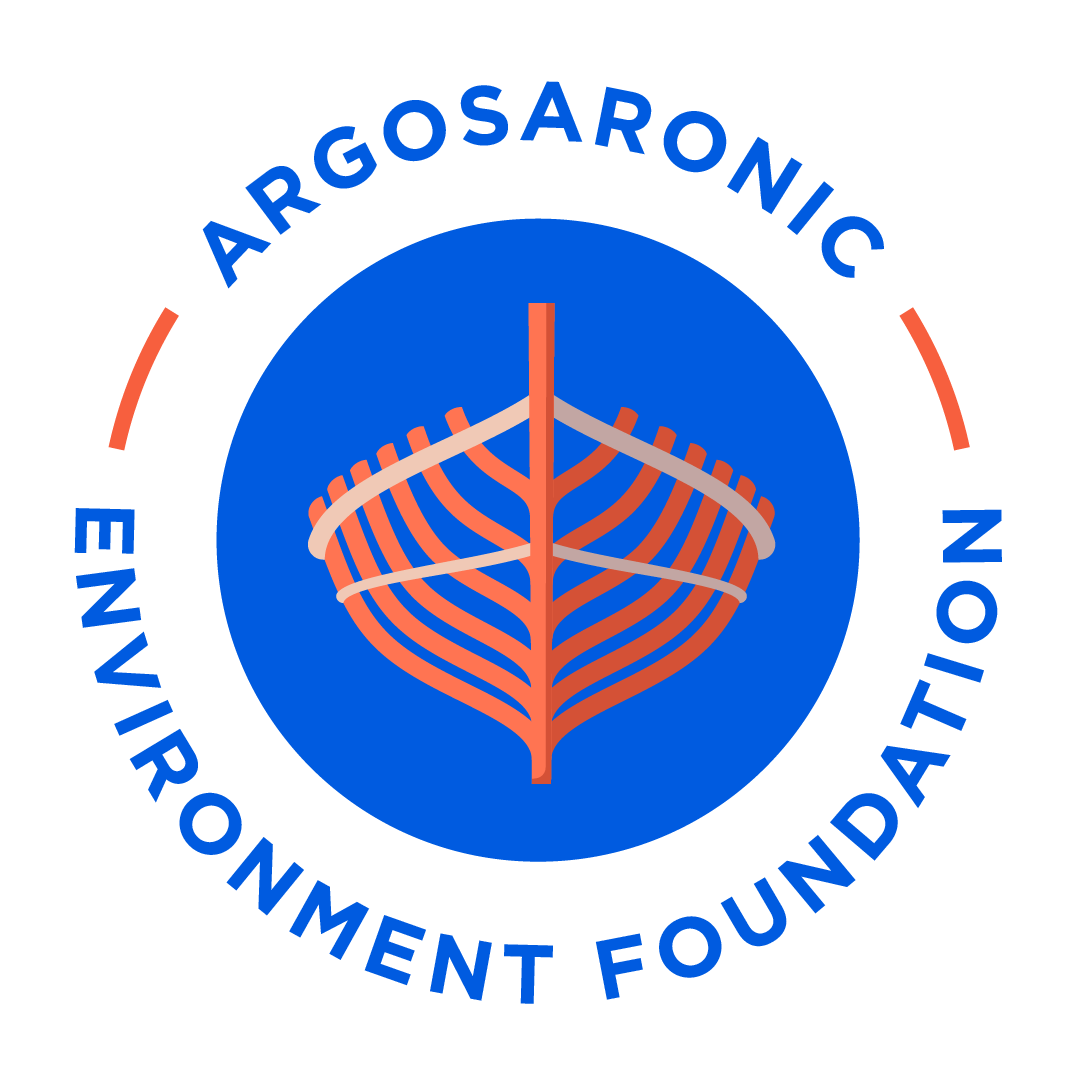Introducing the Argolic Gulf Environment Foundation
The Argolic Gulf Environment Foundation recently became the latest addition to the Conservation Collective, a global network of locally-focused environmental foundations. In total, the Conservation Collective currently comprises 15 local environmental foundations across four continents, and continues to grow.
The AGEF is the third such foundation to be established in Greece by the collective after the Cyclades Preservation Fund and the Ionian Environment Foundation. For the past several years the CPF and the IEF have been providing invaluable support to environmental initiatives through direct grants and other means in some of the country’s most iconic and ecologically valuable island chains.
Now, the AGEF will seek to combine the collective’s extensive international experience with local knowledge to support the protection and regeneration of the environment of the Argolic Gulf.
Located off the northeastern coast of the Peloponnese between the regions of Argolis and Arcadia, and home to the historic isles of Hydra and Spetses, the gulf and its extensive coastline encapsulate much of what sets Greece apart at a global level.
Here, mountainous terrain meets the deep blue waters of the Aegean, creating a dizzying array of ecosystems in a relatively small area. In the marine environment, iconic species such as dolphins, loggerhead turtles, monk seals and even whales enter the gulf pursuing prey from krill to tuna. Meanwhile, on land a number of wetlands provide food and nesting grounds for hundreds of species of birds. The surrounding hills and mountains are also home to diverse flora and fauna, including rare endemic species of plants, birds of prey, amphibians, reptiles and numerous mammals including bats, badgers, pine martens, hedgehogs, wild boar, foxes and many more.
Humans have also long inhabited the area, with evidence from caves revealing that it was first settled at least 40,000-50,000 years ago (and potentially much earlier). Many millennia later, it was from the shores of the Argolic Gulf that, according to Homer, ships of the Mycenaean fleet set off to join the legendary campaign against Troy. The area retained its strategic importance through the Middle Ages and into the modern era, with the town of Nafplio becoming the seat of the first government of the newly liberated Greek state in the 19th century. The great shipbuilding industries of Spetses and Hydra also played a key role in the success of the Greek War of Independence.
Today, tourism forms the backbone of the local economy, with the region drawing visitors from all over the world thanks to its famed Mycenaean palaces, medieval fortresses, historic towns, blue seas and attractive beaches. Newly constructed luxury resorts and a thriving market for high-end holiday homes make clear that interest in the area continues to grow.

Yet it is also clear that greater efforts are required to safeguard the natural wealth that has long blessed this region. As in much of the Mediterranean, the abundance of fish and other marine life in the Argolic Gulf is significantly below what it was just a few decades ago, with trajectories likely trending worryingly downward.
At the same time, pressures associated with the growing tourism trade (such as greater numbers of recreational vessels, demand for water, and amounts of waste generated), combined with the threats posed by climate change mean that maintaining the status quo on many aspects of environmental management is becoming increasingly untenable, and raises the risk of dangerous phenomena such as wildfires, acute water shortages and ecosystem collapse.
In short, the Argolic Gulf is likely at a crossroads in its history, one that requires new thinking and new systems of environmental management and protection in order to ensure the continuation of the natural abundance its inhabitants have long enjoyed.
It is here that the AGEF will seek to play a positive role, providing key support to local initiatives that seek to put the gulf and its human and natural communities on the path of sustainability.
The AGEF invites all those who love this unique corner of the Peloponnese to reach out to explore how together we can work to usher in a new era for the Argolic Gulf – one where every year things get a little better, and the region emerges as a model of sustainability for the rest of Greece and beyond.
If you are interested in seeking a grant from the AGEF for an environmental project in the Argolic Gulf, or would like to explore ways to contribute to the foundation through a donation or volunteering, please contact Pavlos Zafiropoulos (pavlos@argolicgulfenvironment.org +30 6945908391).


